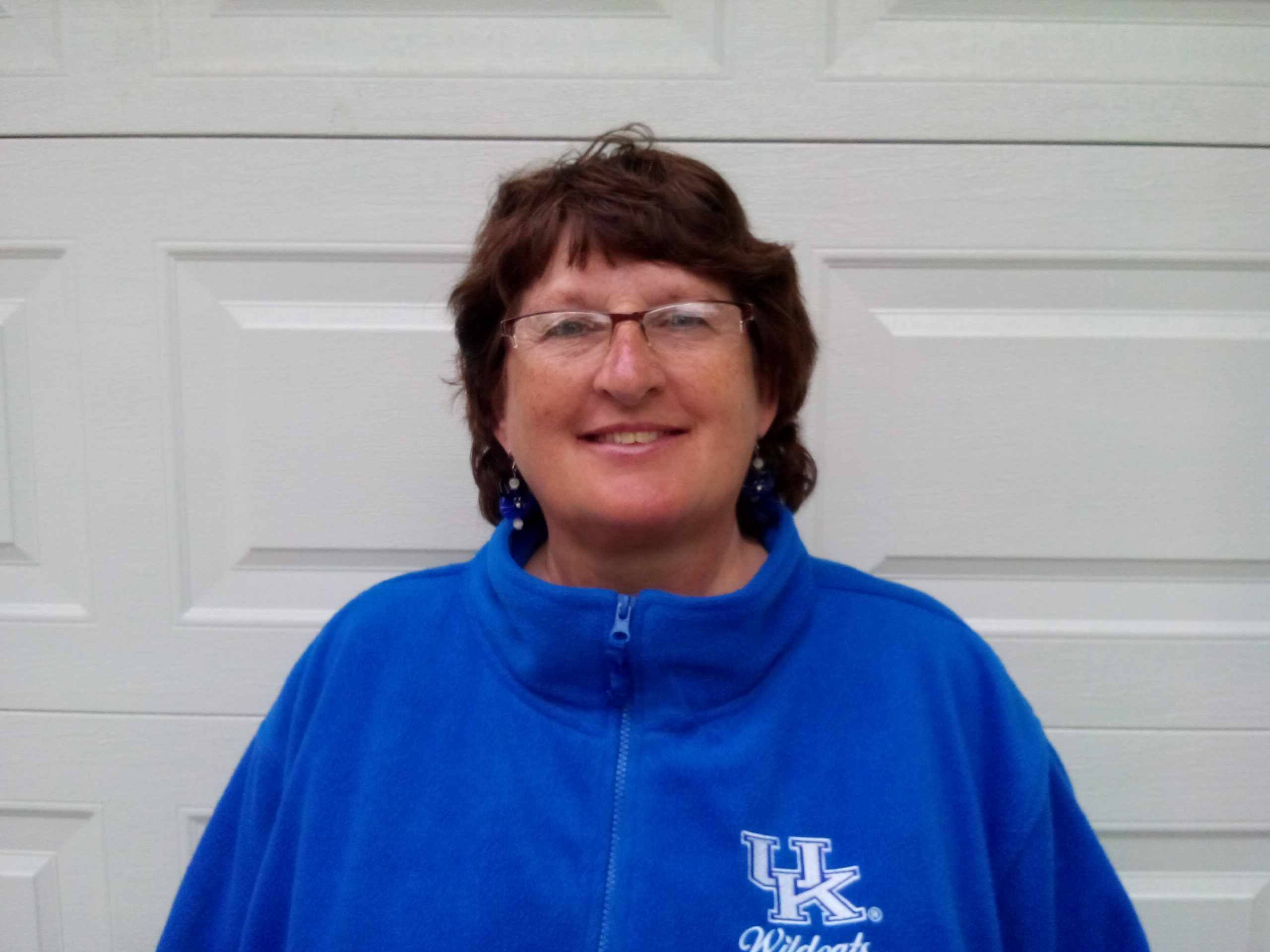Antarctic ice, sea-level, & rivers
The long-speculated collapse of the west Antarctic ice sheet is underway, and also appears to be on an unstoppable trajectory. According to the recently-published research documenting this (Joughin et al., 2014; McMillan et al., 2014; Rignot et al., 2014) it will likely take a couple of centuries for the ice sheets to transfer their water to the sea (in the case of land ice). Among other things, this means that already rising sea levels will accelerate (see this NASA summary discussion on past meltwater pulses and their effects on sea level: http://www.giss.nasa.gov/research/briefs/gornitz_09/)

 I was born in Danville, KY and lived there until 2003. I moved to Lexington in 2003 after graduating Centre College where I earned my BS in Biology. I then attended the College of Public Health (’06) here at UK to earn my Master’s of Public Health (MPH). I began working at UK in 2005 for the College of Pharmacy and last year (2013) started working for the College of Arts & Sciences. I have been married for almost 9 years to my wife Marianne and we live here in Lexington. We have a son, Thomas, who is 4 years old. We also have a dog named Sophie, and two cats, Bell and Alley.
I was born in Danville, KY and lived there until 2003. I moved to Lexington in 2003 after graduating Centre College where I earned my BS in Biology. I then attended the College of Public Health (’06) here at UK to earn my Master’s of Public Health (MPH). I began working at UK in 2005 for the College of Pharmacy and last year (2013) started working for the College of Arts & Sciences. I have been married for almost 9 years to my wife Marianne and we live here in Lexington. We have a son, Thomas, who is 4 years old. We also have a dog named Sophie, and two cats, Bell and Alley. UK has been a large part of my life, working here since 1978. I can truly say that it is a great place to work. I was most excited to join Arts and Sciences in the fall of 2013 and I absolutely love being part of this learning environment.
UK has been a large part of my life, working here since 1978. I can truly say that it is a great place to work. I was most excited to join Arts and Sciences in the fall of 2013 and I absolutely love being part of this learning environment.  Jessica Pennington is the Behavioral Case Specialist for A&S and also works with the residential colleges. Before starting with A&S in June, she worked as a Research Assistant for the Collaborative Center for Literacy Development. Jessica’s is a UK grad with both a BA in Psychology and MS in Educational Psychology. Jessica was born in New Jersey, and grew up half in California and the other half in London, KY. She lives in Lexington with her husband of 2 ½ years, Adam.
Jessica Pennington is the Behavioral Case Specialist for A&S and also works with the residential colleges. Before starting with A&S in June, she worked as a Research Assistant for the Collaborative Center for Literacy Development. Jessica’s is a UK grad with both a BA in Psychology and MS in Educational Psychology. Jessica was born in New Jersey, and grew up half in California and the other half in London, KY. She lives in Lexington with her husband of 2 ½ years, Adam.